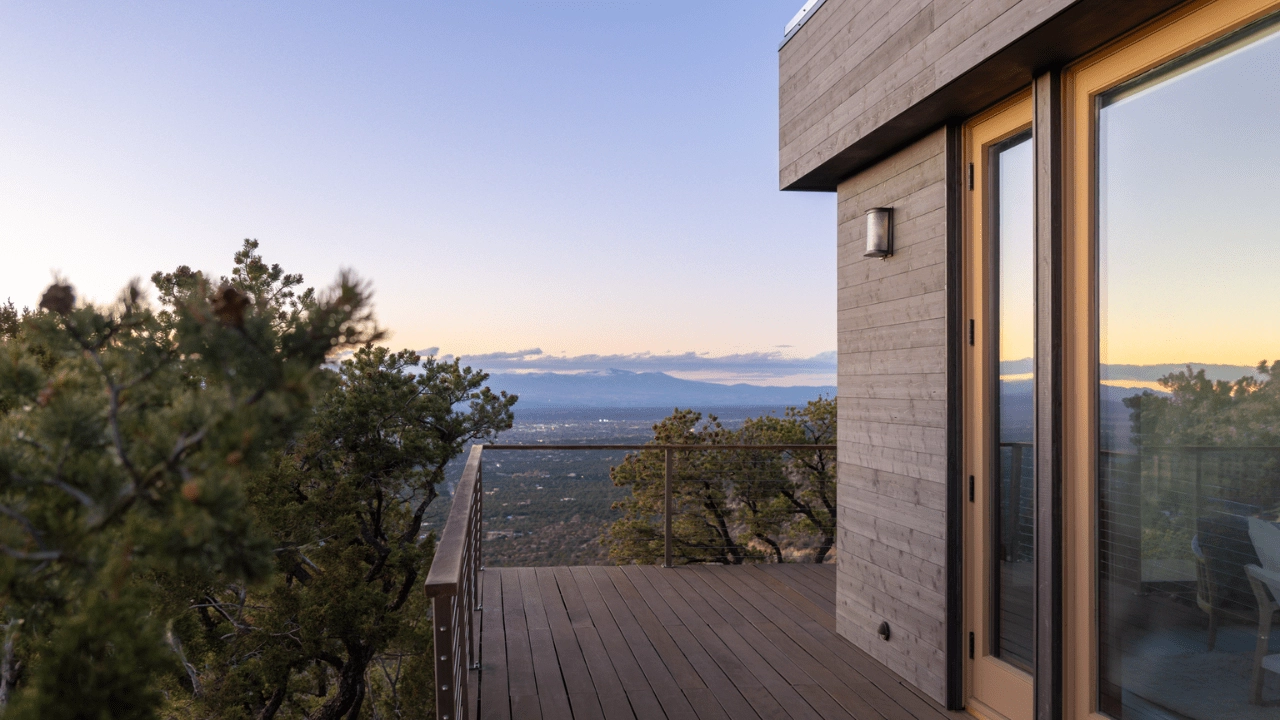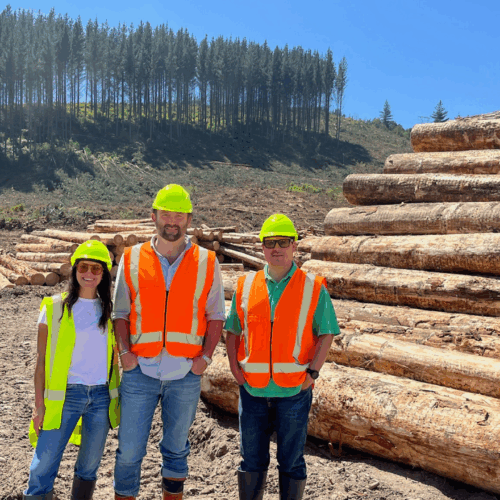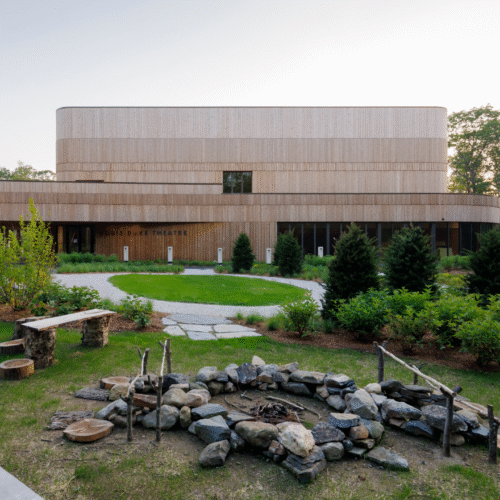At Delta Millworks, we are rooted in a commitment to sustainability. We have a deep respect for the environment and are endlessly seeking new ways to produce eco-friendly products without compromising durability or aesthetics.
Thermally modified wood is at the forefront of our sustainable wood practices. Unlike pressure-treated lumber, which is soaked in toxic preservatives to prevent infestation and decay, thermally modified wood is made with zero chemicals while accomplishing the same resistance to decay. Suitable for indoor and outdoor applications, our thermally modified wood is a beautiful, durable, and sustainable alternative to tropical hardwoods like teak and ipe.
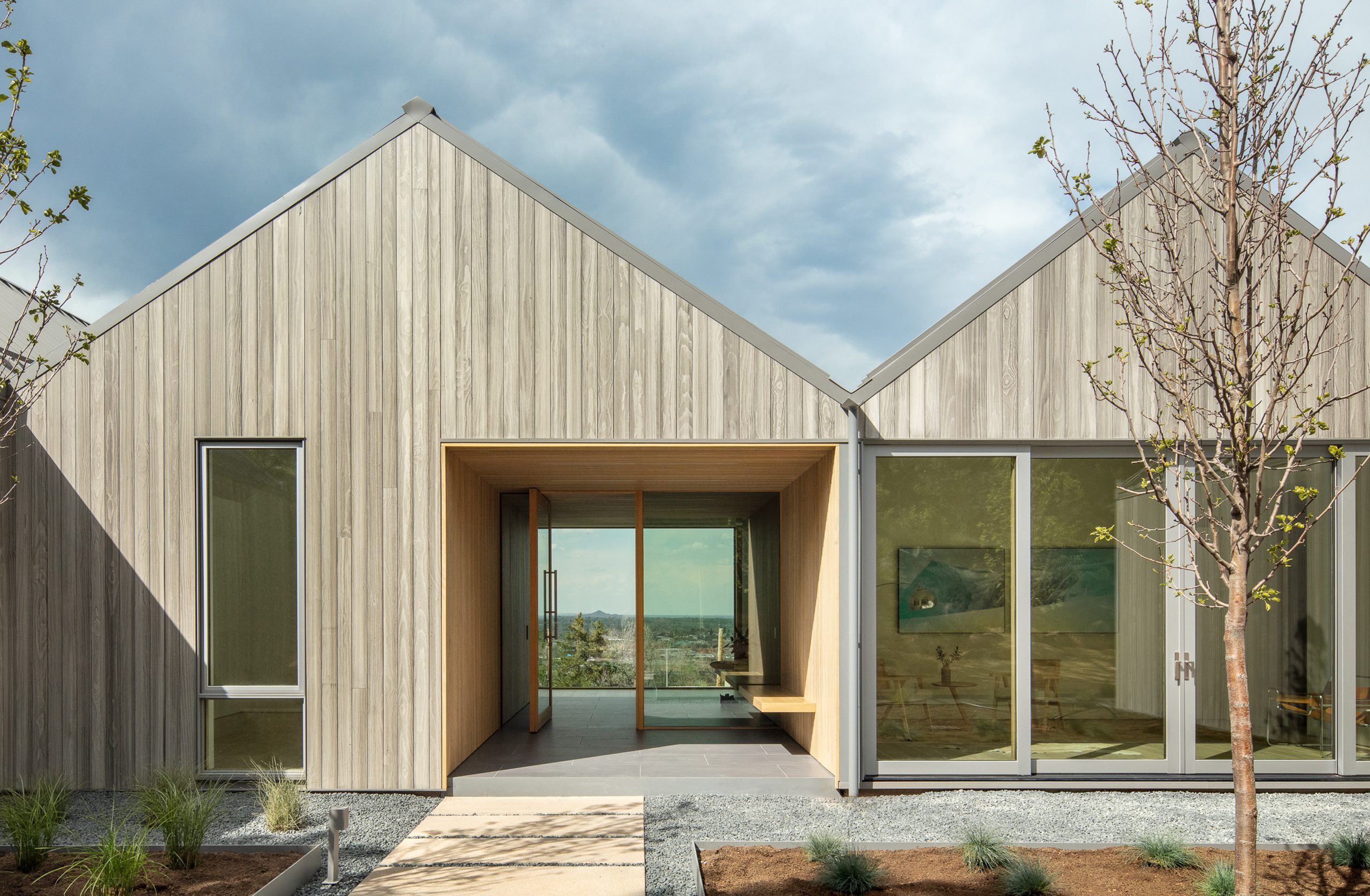
The Thermal Modification Process
Thermal modification refers to the process of wood that is placed in a chamber devoid of oxygen and gradually heated between 410-450º F. The heating process modifies the wood on a cellular level, which caramelizes the wood, creating a unique chocolate brown color.
Dimensional stability and durability of thermally modified wood combines with Delta’s expert milling and surface preparation as a backdrop for coatings to achieve an aesthetic that stands the test of time.
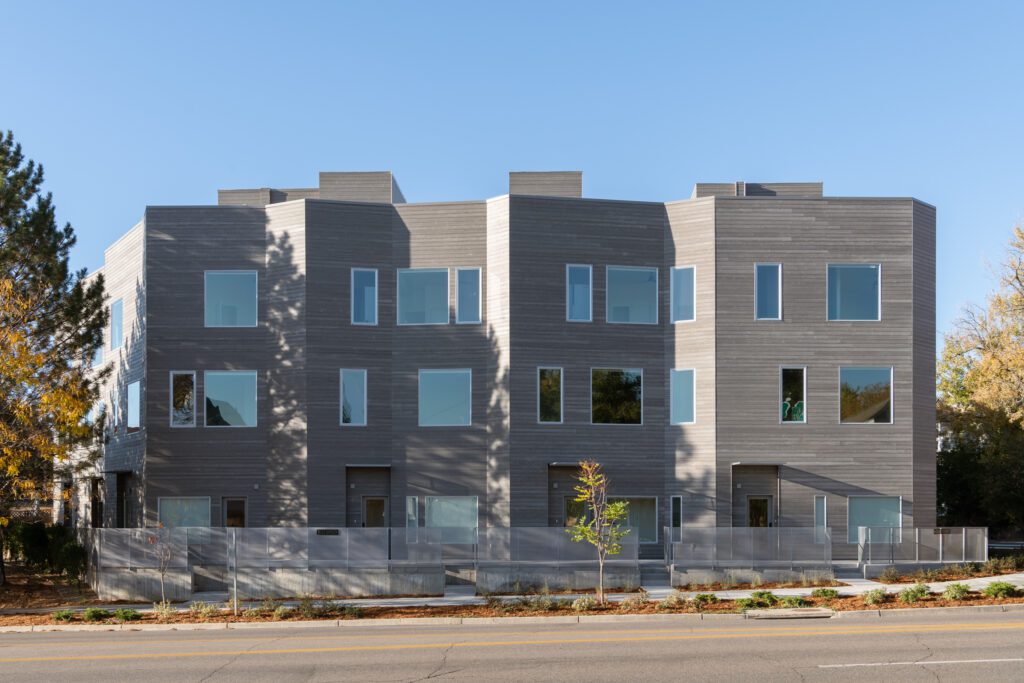
Durable, Stable, and Weather Resistant
In addition to creating a unique finish and color, the thermal modification process improves the wood’s overall durability without the use of chemicals. The heating process removes the hemicelluloses and carbohydrates in wood which attract pests, preventing decay from invasive organisms like termites, bacteria, and fungi.
Thermally modified wood is also resistant to damage from heat and humidity, including warping, shrinking, and swelling, making it an excellent option for exterior applications and areas susceptible to moisture like decking and siding.
Meet the Thermally Modified Lineup
ThermoWood Spruce
ThermoWood Spruce is one of our most widely used species for good reason. Sustainably grown and thermally modified in Finland, it holds PEFC certification and comes from forests managed to ensure when one tree is cut, four new trees are seeded. Each board stores five times more carbon than is produced to make it. With an expected service life of 30 years in exterior cladding and decking, it brings long-term performance and design flexibility. Available in a range of textures and tones, it remains a durable and beautiful material for decades.
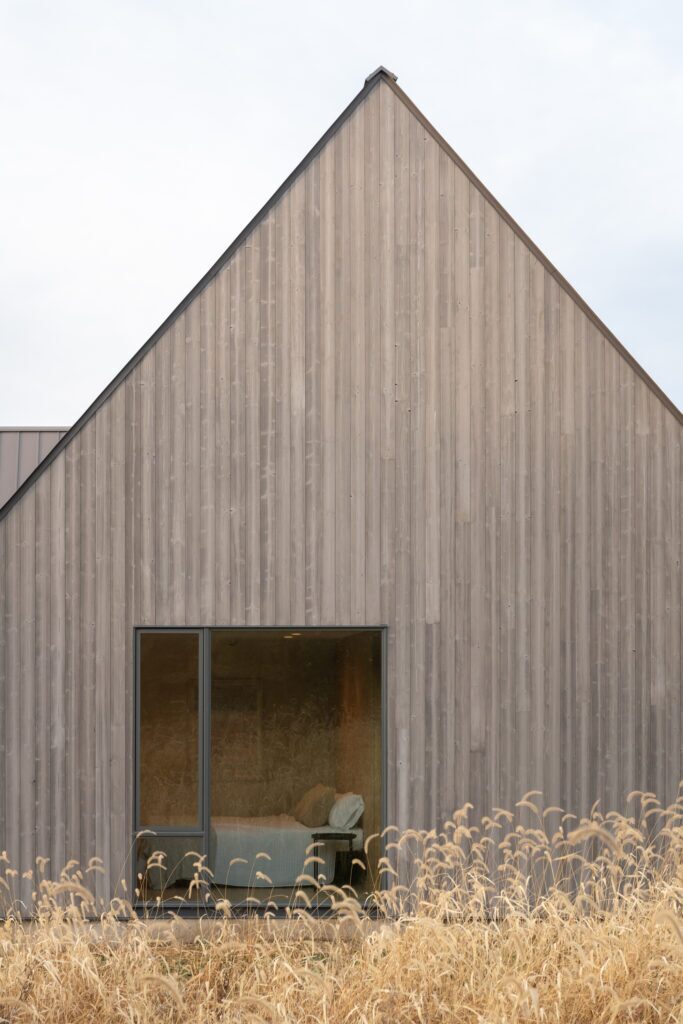
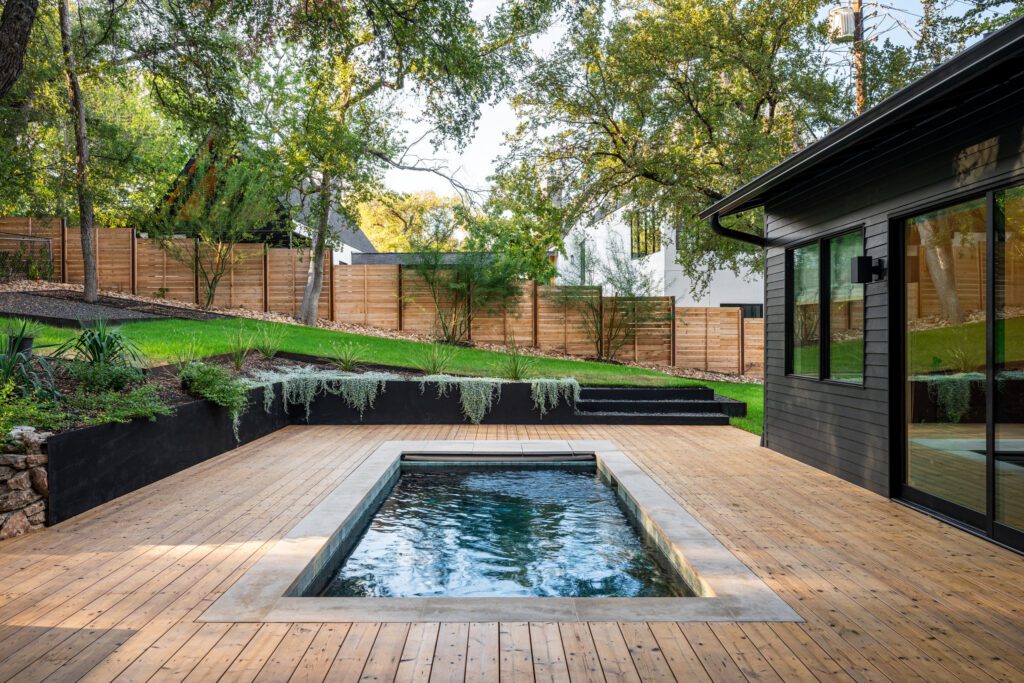
Thermal Radiata
Thermal Radiata stands out for its clean, sophisticated character. FSC certified and responsibly grown on New Zealand tree farms, this species is a favorite for decking thanks to the rich brown tone from thermal modification that gracefully weathers to a silvery gray. Its clear grade means minimal knots and maximum refinement, whether you use it for sleek decking or choose a prefinished cladding option for a crisp, modern finish.
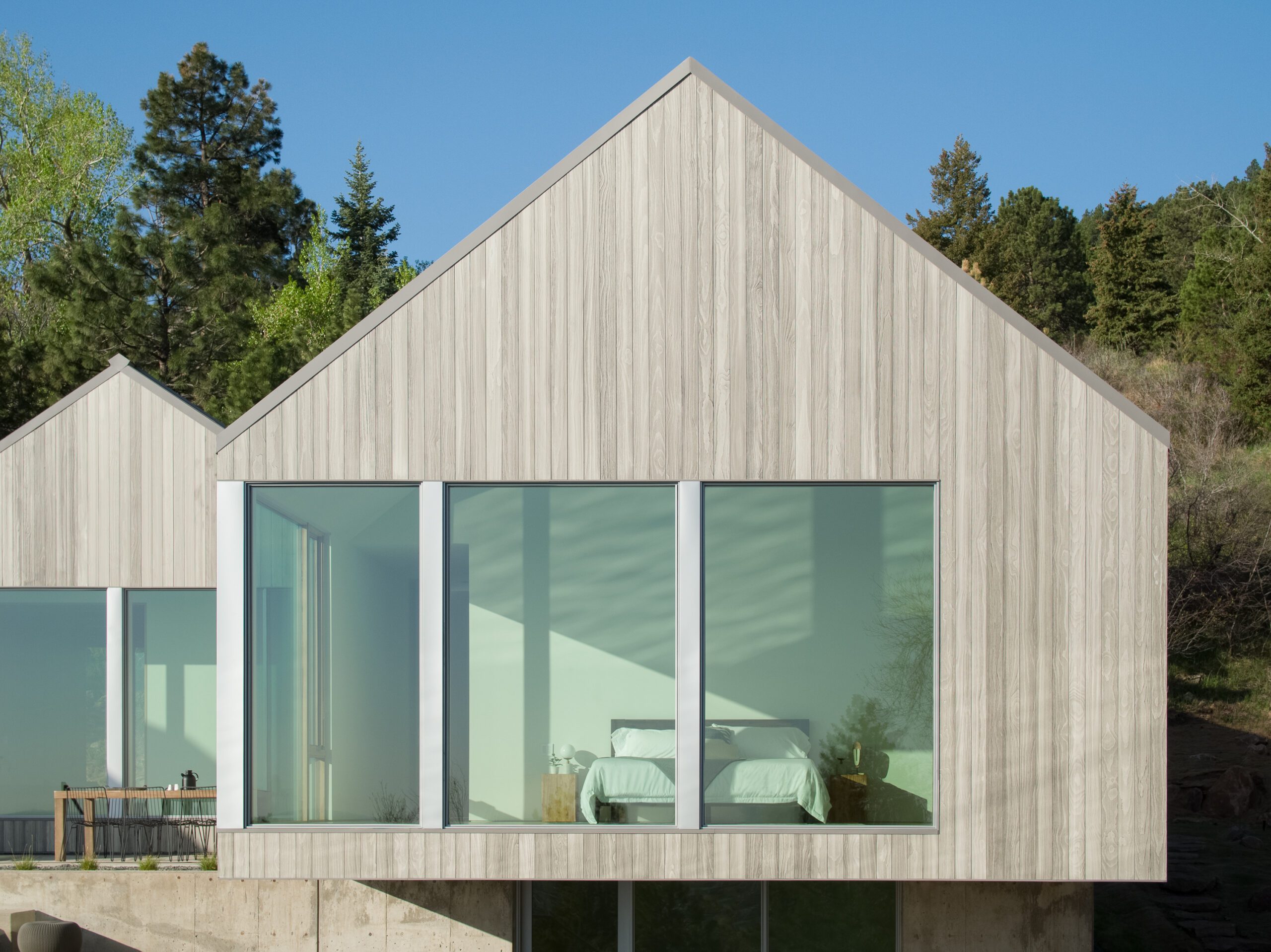
Thermal Hemlock VG
With its fine vertical grain, Thermal Hemlock VG offers a sleek, natural aesthetic that feels modern yet organic. Sustainably sourced and thermally modified in North America, it is valued for its clean, elevated look and is a premium choice when appearance is a priority.
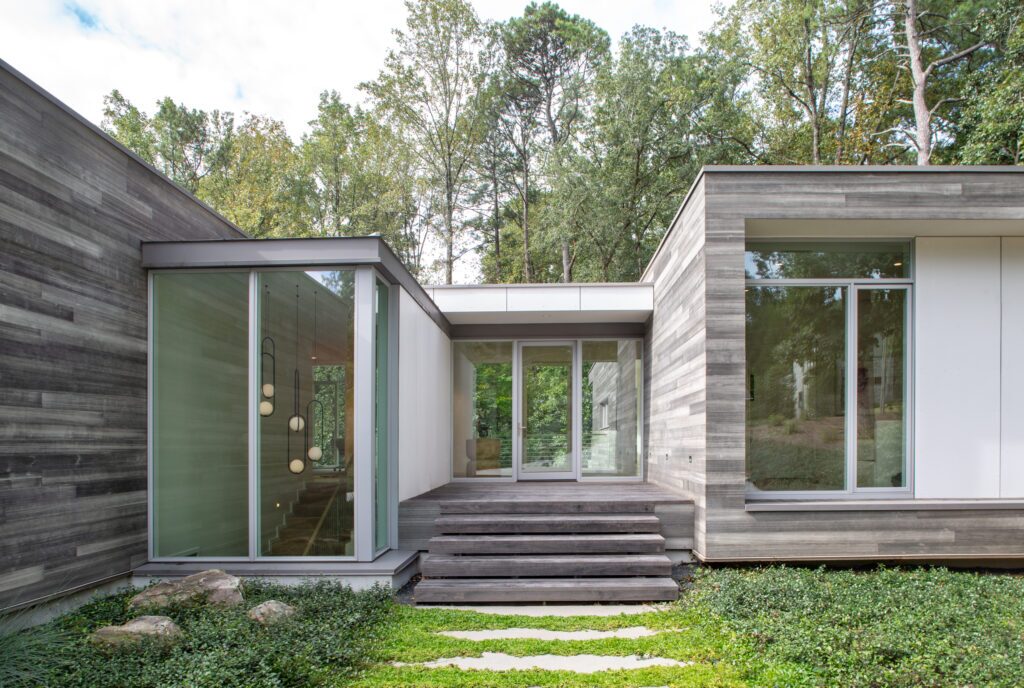
Fire Rating
We performed extensive testing on our Thermally Modified Wood products, which have a long lifespan and are recommended in harsh climates. Our ThermoWood Spruce products have passed a 10-minute direct flame exposure test (SFM 12-7A-1), making the product useful in Wildland Urban Interface zones and other high fire hazard areas.
Commitment to Sustainability
At Delta Millworks, we are committed to prioritizing sustainable growth, even if that means challenging the status quo in wood production. Sourcing materials carefully and thoughtfully while strategizing how to optimize performance are the key ingredients needed for sustainable growth. Thermal modification allows us to offer high-performing and aesthetically-pleasing products without toxic chemicals or unsustainable woods.
